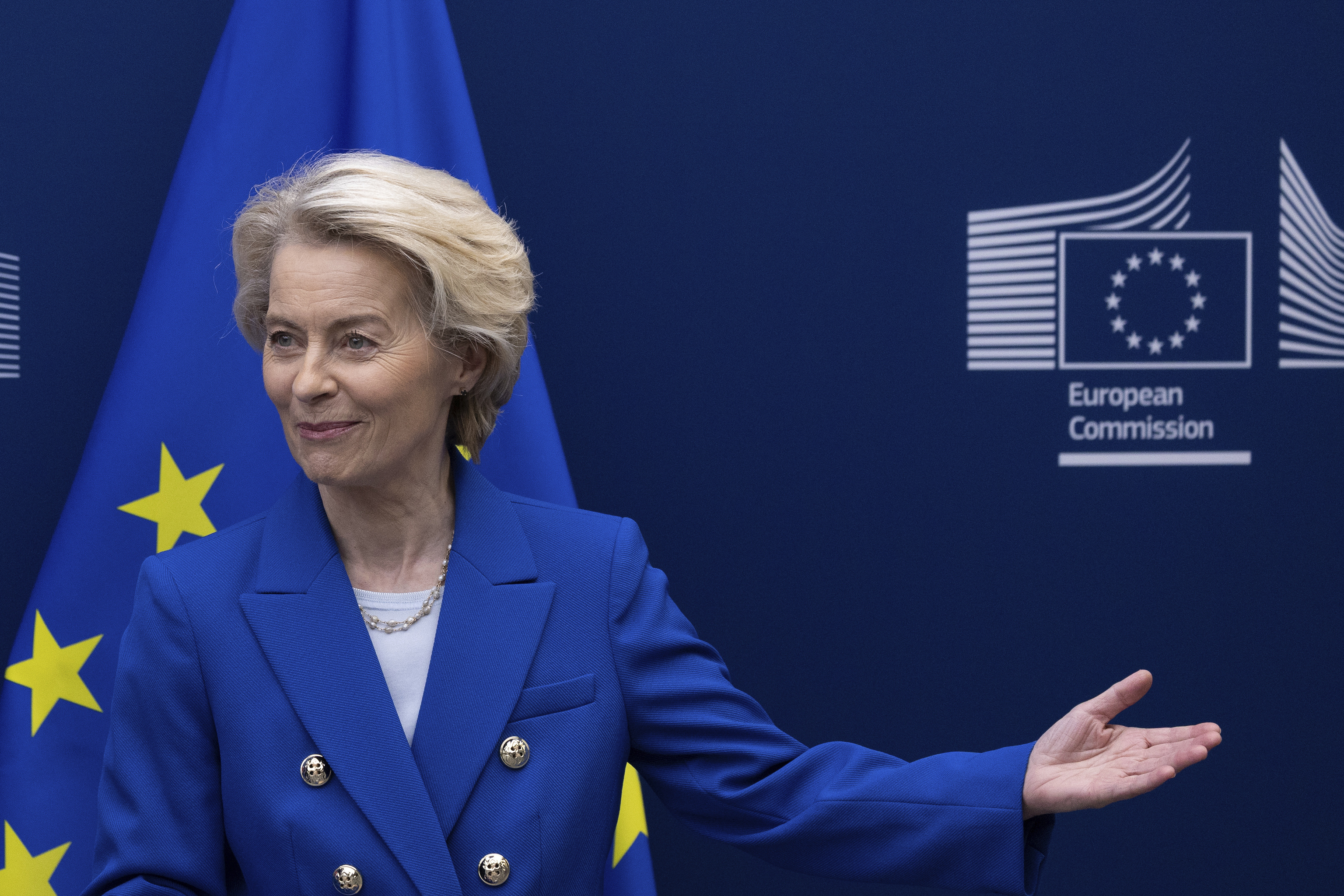Brussels' decision to suspend its tariffs on the United States for 90 days leaves Europe in a very unfavorable situation. It is a gesture in which the Commission shows its willingness to negotiate, which for the time being is going to be very costly. Because Donald Trump has frozen the reciprocal tariffs for those same three months, yes, but those imposed on European cars, steel, and aluminum remain. And, according to the EU's own calculations, the volume of affected exports amounts to 92 billion euros.
The specific figures are as follows. Steel and aluminum exports amount to 26 billion per year, which when subjected to a 25% tariff result in an additional cost of 6.5 billion. European car and component sales, on the other hand, reach 66 billion, which under the same tariff results in 16.5 billion.
"We have pressed the pause button to make room for negotiations. So yes, U.S. tariffs on steel and aluminum are now in effect not only against us but against the whole world. And yes, tariffs on cars are in effect, but we are not going to take any further steps right now because we want to leave room for negotiation. We want to talk to our U.S. counterparts," explain EU sources when asked about this situation.
In Brussels, they also avoid making conjectures about what may happen after these three months. They do not even dare to predict what the President of the United States may decide tomorrow or in two days because he has shown on numerous occasions that he is unpredictable and volatile. "This changes day by day, hour by hour. At this moment, I am not going to speculate on what may or may not happen after the 90 days. I am more concerned about what may happen in the next 90 minutes," they add.
The only certainty, as mentioned, is that Brussels will try to negotiate with the U.S. for Trump to eliminate all tariffs. In fact, the President of the European Commission, Ursula von der Leyen, reiterated yesterday her offer of zero tariffs between both sides of the Atlantic. This is the offer that, already in February, the Commissioner for Trade, Maros Sefcovic, presented to Washington and that European authorities have raised to the U.S. on several occasions. But for now, the response "has not been satisfactory."
Yesterday, Sefcovic officially conveyed to the U.S. Secretary of Commerce, Howard Lutnick, and the trade representative, Jamieson L. Gree, the suspension of those tariffs that had been approved by the 27 member states just a day earlier. The only country that rejected the measure was Hungary, whose government is very close to Trump.
The action involved imposing tariffs on 1,600 products with an impact of 21 billion, and it was planned to be implemented in three phases: the first on April 15, the second in mid-May, and the last on December 1. That schedule is now obviously on hold, but in the EU capital, they insist that if negotiations fail over the next three months, these tariffs will be applied. And they add that Commission technicians continue to work on more planned actions in case Trump intensifies the trade war again.
